Starting a business comes with a million little decisions about what hardware, software, and security products to use. Balancing a limited budget and avoiding road blocks or system changes down the road can be daunting and can distract from running your business. We’ve put together some of the most common questions and mistakes we’ve seen around choosing Hardware, Software, Web Design, and Security. Read on for tips on scalable technology for small businesses.
Choosing the right Hardware
- Review requirements for any specific software your business will require. Things like video editing, 3D modeling, and graphic design tend to require more powerful hardware. In general we recommend at least 8GB of RAM, and a Solid-State Drive (SSD).
- Deciding between a desktop and laptop? If you don’t need to be mobile then a desktop is typically going to be cheaper, but you will want to get a battery backup. Aside from losing what you are working on, power flickers can damage your hardware or even erase your hard drive! Look for a battery backup with PowerChute to safely shutdown your PC when battery power is running low.
- For the rest of your network hardware a good scalable option would be something like Unifi or Aruba. Although you may just need Wi-Fi for now, choosing hardware that is part of an ecosystem that integrates with other network devices makes it easy to scale when you are ready. This is especially important if you will need a VPN, remote access, or communication between devices on your network.
Email, Office & More
- Once you have a name for your business (or even before) it’s time to start thinking about a domain. Even if you don’t plan on building a website right away, it’s still good to pick a domain so you own it and can use it for a professional email address. Try to keep it short, memorable, and cheap. You can save by using a different domain extension (.io or .co instead of .com) related to your business, just make sure your customers know where to find you!
- Be on the lookout for combo deals! If you have time to spare you can try adding some items to your cart, but not checking out to see if you get a follow email with a promo code. However, one combo you will want to avoid, is purchasing Office 365 through GoDaddy. This can be problematic as you scale – more on that here.
- VoIP is a great option to avoid putting your personal cell number out for your business. Google Voice, Ring Central are common options that can give you a business number that can be managed through an app on your personal phone. If you’re looking excellent support from a local company check out Carolina Digital.
Website & Digital Presence
- If you just need a basic website or even need to sell some products something like Wix is an easy DIY option. If you’re looking for more features and aren’t afraid of getting a little techy WordPress has more functionality.
- SEO is a topic of its own, but a few tips:
- If you’re using WordPress the Yoast SEO plugin is a great place to start. Most website builders will have some SEO tools – take advantage of them!
- Content Content Content! Keeping your site active by adding relevant content is a great place to start. Try and add something relevant to your site once a month.
- Google My Business is separate from your website but can have a huge impact, especially for local businesses. Make sure your company information is consistent (address, phone number, etc.) since Google uses this to link your social media pages. In addition to you website, you should be posting new content to your Google My Business listing, respond to reviews, and link your website.
- StatCounter is a great free tool to see what traffic your site is getting, where it is coming from, and what your customers are most interested in. By comparing this to any promotions you run you can see what is effective at driving traffic to your site!
Security & Disaster Recovery
- Enable two factor authentication on every service that you can. Using an app like google authenticator is preferred over text or email verification.
- Make sure your critical files are backed up. Backups should be to another location in case of damage to your building or theft. Backups should also be checked periodically to make sure they are working and that important files can be recovered. Check out our post on backups for more information.
- Consider a password manager to keep your passwords unique and complex. Norton 360 combines a password manager, antivirus and more which makes it a great budget option for a new businesses.

